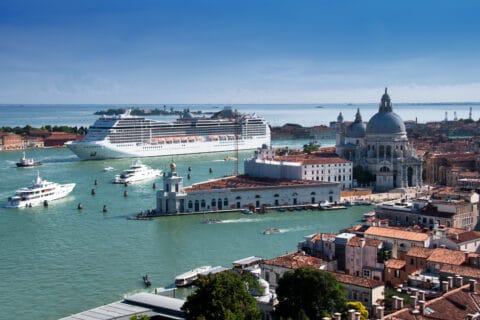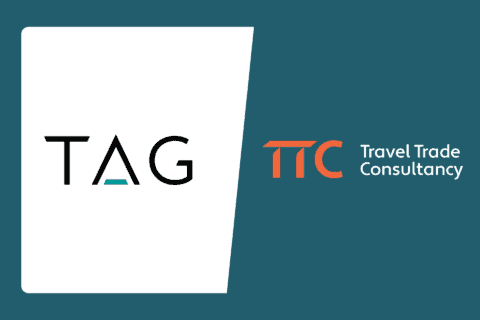In recent years, the scale of Private Equity (PE) investment into the UK travel sector has been phenomenal. Tour operators and travel agencies have been changing hands at an unprecedented rate and the majority of the funds are coming from.
It is tempting to lump all PE investments together as one homogenous investment type, but in reality, there are many differences between the PE funds, the deal structure and their business plans.
One way to dissect the long list of transactions is by the following three investment stages:
Primary buyouts –where a PE fund acquires a stake in the business from the original founders.
Corporate carve-outs – where a PE fund extracts a trading division out of a larger corporation.
Secondary buyouts – where a PE fund acquires a stake in a business from another PE fund.
The info-graph below shows a selection of recent transactions in the UK travel sector by each investment stage.
Many businesses fall into more than one stage, having been through more than one transaction in recent years. Investing at each of these stages attracts different types and sizes of PE fund and requires very different investor skill sets. For example:
– An owner-managed business that is acquired through a leveraged buy-out is likely to need a PE investor who can help professionalise their processes. Scaling up a business while coping with bank covenants and debt repayments requires accurate budgeting and rigorous cash flow management.
– Corporate Carve-Outs often need a PE investor who can help rebuild whole business functions. For example, when Neilson was acquired by Risk Capital Partners from the Thomas Cook Group, there was no directly employed staff, no bank account, and was heavily reliant on its former owner for its flights and distribution through travel agents.
– Secondary buyouts may require a PE investor who can help with international expansion, or assist with bolt-on acquisitions as part of their growth strategy. Neilson’s secondary acquisition by LDC is a good example of this. As are Travel Counsellors, Great Rail Journeys, Riviera Tours and Audley.
For the travel sector to continue attracting entrepreneurs with ideas and innovation, it is vital that it continues to be seen as investable, and capable of delivering profitable returns.
It’s encouraging that there are so many transactions across all 3 of these stages. However, the best proof is the healthy number of Primary investors successfully selling to Secondary investors. For those PE funds looking at travel for the first time, nothing breeds confidence like a successful exit.




